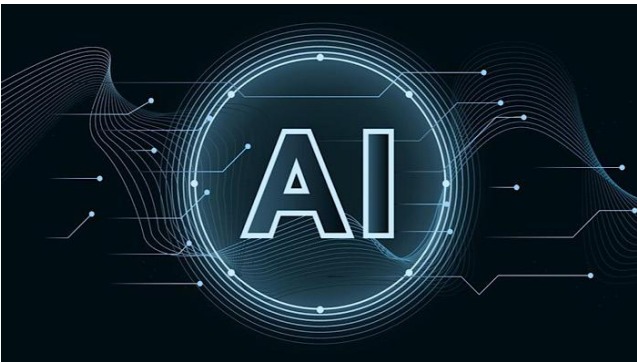Artificial intelligence (AI) technology has made significant impact across various
industries in recent years. From healthcare to finance, AI has improved efficiency, accuracy,
and overall outcomes. According to a report by McKinsey, AI has the potential to add $13
trillion to the global economy by 2030 (Manyika et al.).
The hot topic of this month, chatGPT, has impacted a large range of markets. Starting
from education, it has influenced finance, banking systems, algorithms, and more. Bing has
announced that it will adopt chatGPT’s technology on their own chatbot. Artificial
Intelligence is now used to invent auto-trading systems or service systems that automatically offer similar trends.
Now banks have been able to improve fraud detection, enhance customer experience,
and automate routine tasks through AI technology. A report by Accenture found that AI has
the potential to increase profitability for banks by up to 38% by 2025 (Accenture).
In conclusion, AI technology has had a significant impact on various industries in
recent years, and has the potential to generate significant economic benefits. While there are concerns about its impact on employment, policymakers must work to ensure that the benefits of AI are distributed equitably and that workers are able to adapt to changing job
requirements. Therefore, it is our responsibility to have an eye on its progress and to use this technology in a positive sense.
By. Sonbom Lee


